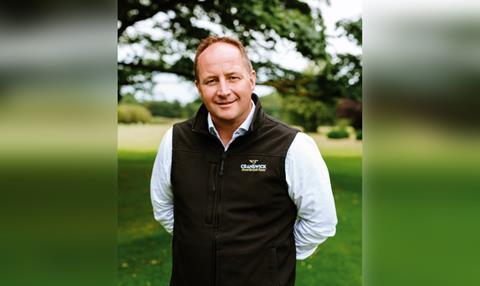Cranswick plc has reduced its edible food waste by 61% over three years, surpassing the Champions 12.3 target set in the UN Sustainable Development Goals (SDGs) which seeks to halve food waste and loss by 2030.

Chris Aldersley, chief operating officer at Cranswick plc, said: “Beating the Champions 12.3 target on food waste so substantially gives us confidence that zero edible food waste is achievable. We need to get even more resourceful as we strive to get to zero edible food waste, which I am sure we will do with the support from the incredible people across our business.”
Led by Cranswick’s ‘Changemakers’, who champion food waste reduction efforts internally and host events for all colleagues, the main steps from the company have been focusing on areas identified for improvement in a food loss and waste hot spot mapping exercise.
As well as this, Cranswick also identified new markets for ham trim packs and moving materials up the waste hierarchy so they can be used in new edible products (such as pet food) rather than being sent to landfill or anaerobic digestors.
"By already surpassing the Champions 12.3 target, Cranswick has shown that with innovation, collaboration, behavioural advocacy plus their desire to address food inequality, the food industry can play a crucial role in making a positive impact on the environment and in the community."
New catch-trays have also been installed to prevent meat from falling on the floor and new packaging is being used that increases shelf life.
Cranswick has also donated 250,000 meals for vulnerable people across the UK, and has supplied food to charities all over the country to help eliminate the need for food banks.
Liz Goodwin, Champions 12.3 spokesperson, senior fellow and director of food loss and waste at the World Resources Institute, said: “Food is such a vital part of our social and cultural heritage, but the current way our food is produced and wasted is crossing several planetary boundaries.
"By already surpassing the Champions 12.3 target, Cranswick has shown that with innovation, collaboration, behavioural advocacy plus their desire to address food inequality, the food industry can play a crucial role in making a positive impact on the environment and in the community."
Cranswick’s work comes as part of the annual progress report for the UK’s Food Waste Reduction Roadmap, published by WRAP and IGD, which aims to cut the carbon and waste associated with food and drink by at least one-fifth in 10 years.
This story was originally published on a previous version of the Meat Management website and so there may be some missing images and formatting issues.












